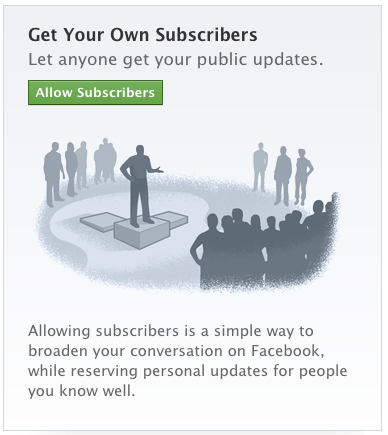I need to start checking myself when this question comes up during presentations and trainings. At some point someone always asks about privacy. In many cases they don’t even know…..I think anyway…..that they are asking a privacy question. The questions usually are posed as: “If I put something in Google Drive is it safe?” “If I put something in Google […]


